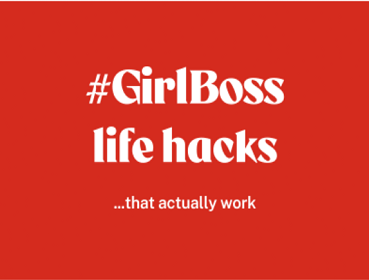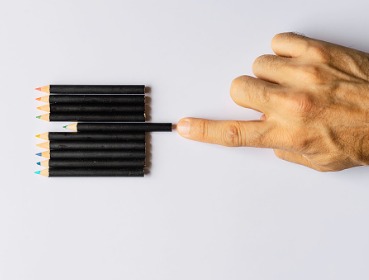Why is insurance important for women?
Insurance is for everyone, but there’s some truth that certain types of insurance are even more important for women.
We don’t want to generalise too much - but women play many vital roles and face challenges that their male counterparts may not, and these factors can make it even more important for them to have good insurance. Here are some main reasons to keep in mind:
1. In general, women tend to live longer than men
In Singapore, women have a life expectancy of about 85 years, whereas men have a life expectancy of about 81 years.
Think five years difference is not too big? Well, consider the financial cost: assuming your necessary expenses are about $2,000 per month, this is an added sum of about $120,000 to cover five years.
Bear in mind that, toward the last stages of life, we typically face higher medical costs; and we may require the help of live-in helpers, or face more frequent hospital bills.
As such, women need to plan for a larger retirement sum, to cover more remaining years of their life. This should include a more comprehensive health insurance policy, and possibly a longer period of coverage for their life insurance.
2. Women tend to earn less than men
According to the Ministry of Manpower, Singapore does see a gender pay gap of about six per cent. For women, the median monthly salary is about 16.3 per cent less than men (in a full-time capacity).
Nonetheless, women in Singapore tend to spend as much as their male counterparts, in maintaining the family. For example, most Singaporeans who buy a flat will use the CPF monies of both partners, rather than just one spouse.
A lower income, coupled with near similar expenses, can leave women with less cash to set aside. This means lower savings or investment rate, leaving women more vulnerable in a crisis. As such, women may need to consider higher protection in the form of health insurance, critical illness coverage, or disability income insurance.
3. Cultural norms often place women in the role of homemakers
This isn’t true for everyone of course; but in general, our culture still sees it as a “norm” or “tradition” for women to be homemakers.
Regardless of whether we feel it’s right, there are generally more housewives than there are house-husbands. This can be disadvantageous to women in the financial sense. It may mean, for instance, that a housewife has fewer ways to grow her income and savings; and is almost wholly dependent on how well her spouse does.
Even worse, what happens if the husband - as the sole breadwinner - loses his job or sees a big drop in income? The woman in the relationship may not have the savings to pick up the slack.
Women in the position of homemaker thus need to raise their insurance protection, to compensate for slimmer savings. This isn’t just for themselves - it helps to compensate for the inherent risk of relying on a sole breadwinner, especially if their husband is not well protected.
4. More women work in the informal economy than men
The “informal economy” refers to jobs like baking at home, being a babysitter for neighbours, being a midwife, etc.
These are jobs that are important, but you probably aren’t going to find them on Jobs.com. In general more women than men work in this informal economy. The problem here is that “informal” jobs come with little or no protection, and often volatile income.
Consider the “confinement nanny” that is quite a common profession among older women in Singapore: if a client decides not to pay them, or pays them late, what can they do? It’s not as if they’re an employee who can call MOM to chase the client; many informal jobs are on an honour system. This can make it difficult to accumulate sizeable savings, or participate in regular investment plans.
Likewise, informal jobs such as baking from home, running an Etsy store, etc. tend to bring volatile incomes, and demand for services is always unpredictable.
To top it off, women in this line of work often cannot buy disability income insurance, which requires them to be employees. This means they have nothing except their limited savings to fall back on if they get sick or can’t work anymore.
Some forms of basic insurance, such as term life insurance or critical illness coverage, can provide significantly more protection than just relying on their savings.
Women still face many additional challenges in Singapore today
While the gender gap has narrowed over time, we can’t deny that women don’t face a different set of challenges than men.
With women generally living longer and are more likely to earn lesser than men, it is essential for women to play an active role in managing their finances to protect themselves and their loved ones. With a comprehensive health coverage or financial planning, also comes the means for a brighter future.
Let us match you with a qualified financial representative
Our financial representative will answer any questions you may have about our products and planning.








